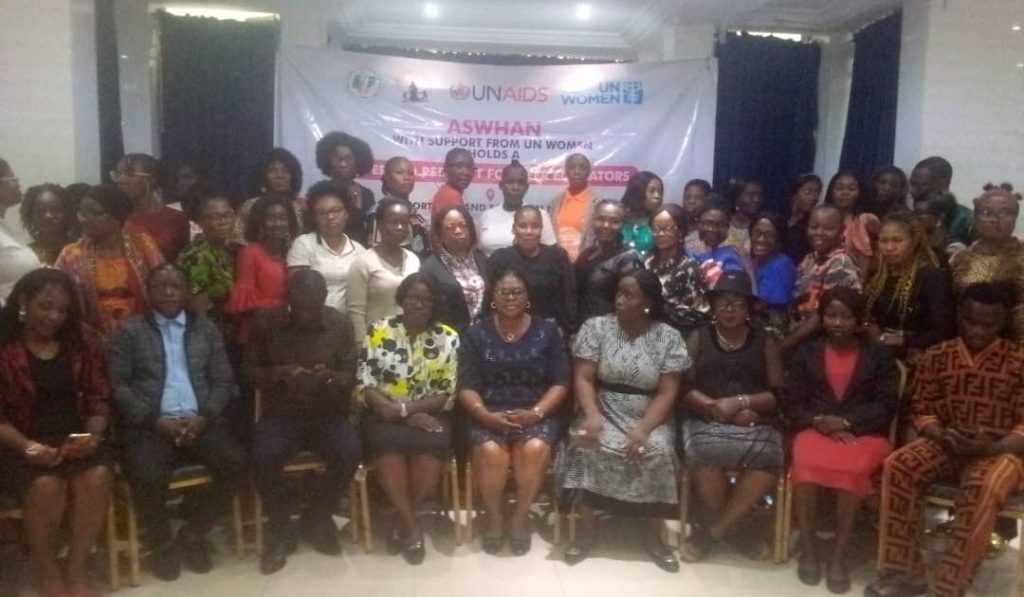The Association of Women Living with HIV/AIDS in Nigeria (ASWHAN), with support from UN Women, has initiated a call to action to address the pressing issue of mother-to-child HIV transmission. This commitment was formalized during a three-day training workshop held in Asaba, the capital of Delta State, where over 100 facilitators were trained to become effective peer educators in their communities. Esther Hindi, the National Coordinator of ASWHAN, emphasized the need for a united front among stakeholders across Nigeria, coming together to equip communities with the knowledge and resources necessary to prevent the transmission of HIV from mothers to their children.
The aim of this initiative is multi-faceted. ASWHAN, which celebrates its 20th anniversary this year, seeks to improve the quality of life for women living with HIV/AIDS by empowering them with the information required to prevent the virus’s spread to their unborn children. Hindi underscored that with optimal knowledge and access to resources, HIV transmission can be halted. This commitment reflects a broader vision where women can pursue their aspirations without the barriers imposed by their health status, ultimately contributing to the fight against the epidemic in Nigeria.
The workshop featured contributions from various stakeholders, including Mrs. Faith Okpohworho, the Director of Women Development and Gender Affairs in Delta State. She reiterated the importance of creating an environment that fosters inclusivity and support for women living with HIV/AIDS. According to Okpohworho, the toolkit distributed during the workshop is essential in facilitating peer support and advocacy efforts. Her remarks highlighted a collaborative approach, thanking organizations such as UN Women, UNAIDS, and NACA for their continued support in advancing the goals of ASWHAN and enabling women to thrive despite their challenges.
Moreover, the training was deemed vital for enhancing women’s leadership and advocacy skills in HIV prevention and treatment. Dr. Linda Bay, the STUAIDS and Viral Hepatitis Programme Coordinator, recognized the importance of nurturing peer support systems and enhancing the capabilities of women to navigate the complexities surrounding HIV/AIDS. The focus on empowerment aims to transform the landscape of healthcare and social support for those affected by HIV, ensuring that they can access necessary services and advocate for their rights.
Representatives from various organizations, including the State Agency for the Control of AIDS (SACA), the Network of People Living with HIV/AIDS in Nigeria (NEPWHAN), and others, joined in advocating against the stigma and discrimination facing individuals with HIV/AIDS. This collective effort is crucial in shifting societal perceptions and promoting a more inclusive discourse around HIV/AIDS. The message from these representatives reinforces the notion that discrimination hinders progress and necessary interventions to combat the epidemic.
In conclusion, the initiative led by ASWHAN represents a significant step towards eliminating mother-to-child HIV transmission in Nigeria. It highlights the importance of community engagement, education, and support. The collaborative efforts of various stakeholders and organizations exemplify a united commitment to foster a healthier environment for women living with HIV/AIDS. Through workshops, advocacy, and resource distribution, the goal remains to reduce stigma and enhance the quality of life for affected individuals, ultimately leading to a decrease in the number of children born with the virus. With determination and continuous collaboration, the vision of a stigma-free Nigeria where every woman can thrive in her health and ambitions can become a reality.














